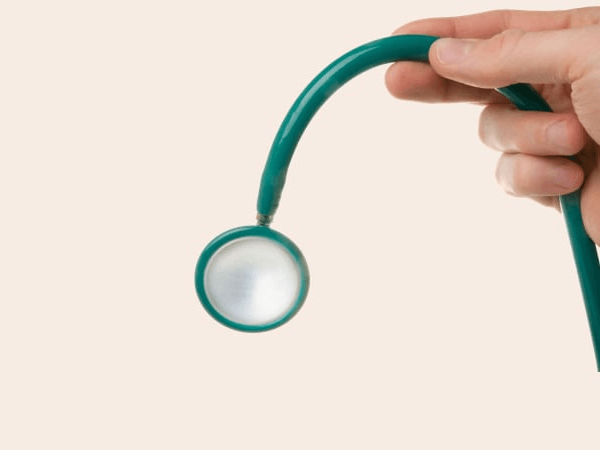Hormone replacement therapy (or HRT) is a key aspect of gender-affirming care that allows many trans women to feel more at home in their bodies. However, it can sometimes impact sexual function — including the ability to maintain an erection. Unfortunately, most conversations around erectile dysfunction (ED) are catered to cisgender men, and information around balancing hormone therapy and ED treatments isn’t always easily accessible. While talking with a healthcare practitioner is always the best course of action when navigating any complex health situation, keep reading for an overview of things to consider when balancing HRT with ED treatment.
Understanding the effects of gender-affirming hormone therapy on sexual function
Male-to-female (MTF) HRT body changes are nuanced, but the main thing to note when thinking about sexual function is the reduction of testosterone levels. Testosterone and DHT (a hormone derived from testosterone) play a role in the function of a penis, so their suppression through feminizing hormone therapy (like estrogen, anti-androgens, or testosterone blockers) can sometimes increase the likelihood of experiencing ED.
Testosterone and DHT are only one piece of the puzzle though — plenty of people with low testosterone levels don’t struggle with ED. Everyone’s body is unique, and so is every trans woman’s HRT experience.

Get treatment for ED 100% online
Connect with a Canadian nurse practitioner from home. Fast approvals, discreet delivery, ongoing support.
It’s also important to recognize that sex and intimacy look different for everyone. For some trans women, changes in erectile function may not impact sexual pleasure, and in some cases may even help alleviate feelings of gender dysphoria. For others, the ability to maintain an erection is an important part of their sexual experience. If you have concerns about the impact of HRT on your sexual function, one of the best things you can do is maintain open communication with your healthcare practitioner, like the ones at Felix, throughout your journey.
Common ED treatment options & their compatibility with hormone therapy
There are a variety of treatments that can address ED, but prescription medications are a popular option. These medications work by improving blood flow to the penis and don’t impact hormone levels or cause dependency, making them a safe and effective option for folks taking feminizing HRT.
Prescription ED medications work the same way for trans women as they do for cisgender men, or any other penis-owner who may need them.
Other treatment options for ED include:
- Talk therapy/counselling
- Lifestyle modifications
- Penile implants
- Penis pumps
- Tension rings
- Acupuncture
- L-Arginine
- Intracavernosal injections
When exploring treatment options for ED, consulting a healthcare practitioner, like those at Felix, is always the best route. They can work with you to develop a treatment plan that includes an individual treatment or a combination of treatments to tackle the underlying cause of your ED.
Tailoring hormone therapy for optimal sexual health & wellbeing
The impact of HRT on sexual function can vary drastically depending on the person. Some trans women might notice any of the following symptoms:
- Changes in sex drive/libido
- Changes related to ejaculation
- Changes in erections
Male-to-female HRT also comes with a risk of orgasmic or erectile dysfunction, but by no means are any of these changes, risks, or symptoms guaranteed. Hormones and hormone therapy are complex, and while it’s crucial to have access to information, it’s also important to recognize that these situations are never one-size-fits-all. There can also be other causes for erectile dysfunction beyond HRT effects, such as overall physical health, pre-existing medical conditions, or mental health.
Hormone levels are generally not adjusted as a means of treatment to preserve erections — this is something prescription ED treatments are often recommended to help with. However, it’s always important to monitor your well-being while taking HRT and/or ED medication and work with your healthcare practitioner, like the ones at Felix, to navigate your specific symptoms and lifestyle.
When Should I talk to my healthcare practitioner about combining HRT and ED treatments?
When it comes to deciding when to consult a healthcare practitioner about balancing HRT and ED treatments, there’s really no right or wrong answer. The best time to reach out for support is whatever time feels right for you. If you have questions, concerns, or think you may need treatment — Felix healthcare practitioners are available 24/7 to help, so you can reach out confidently whenever the time is right. No one should feel like they have to go through the complexities of HRT and ED alone.
This information does not replace medical advice. Any questions you have about your treatment are best discussed directly with your healthcare practitioner.




